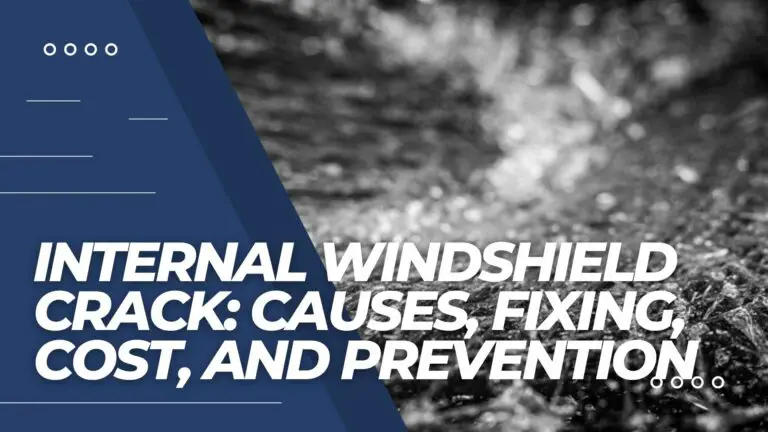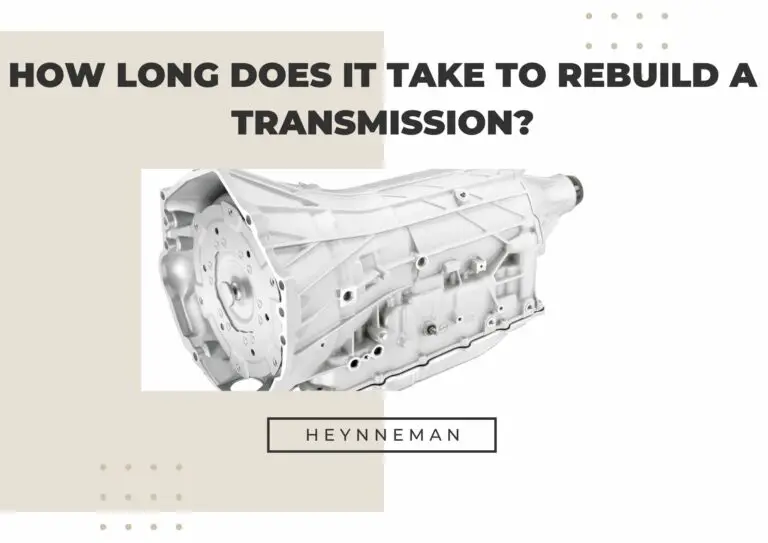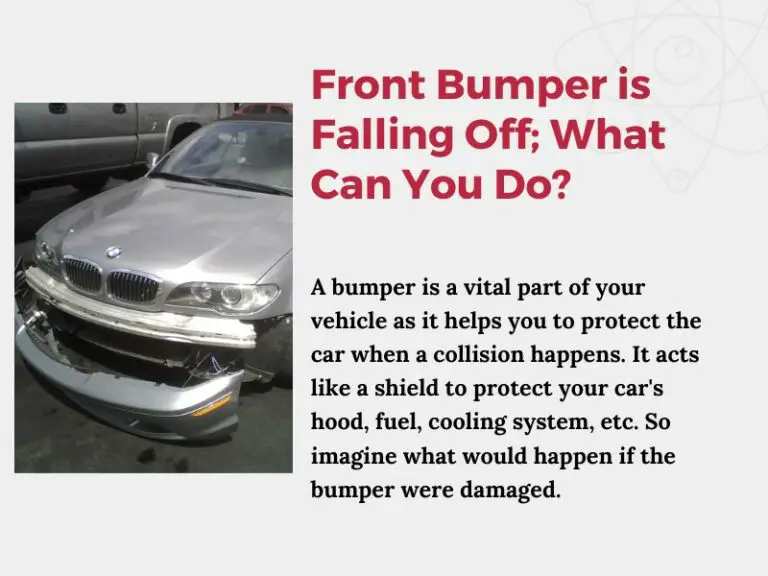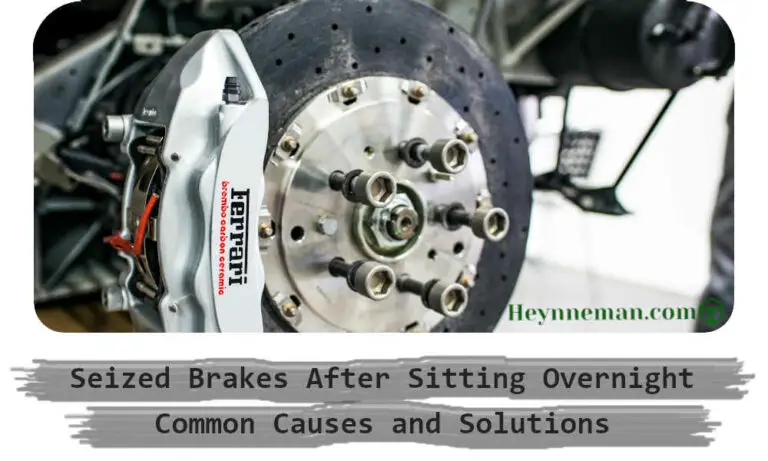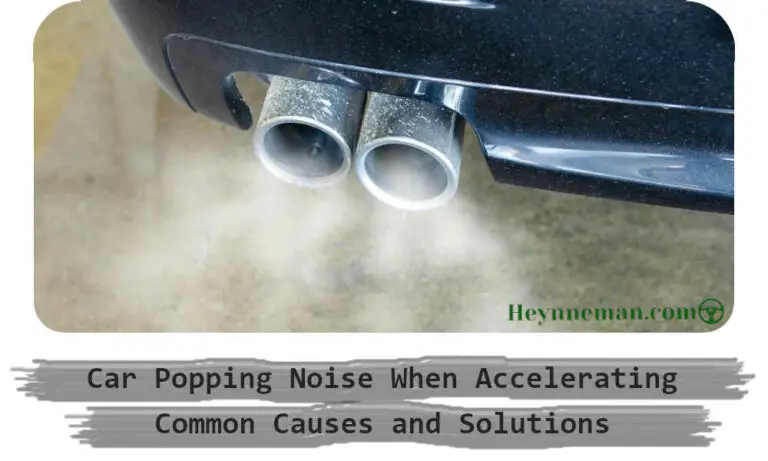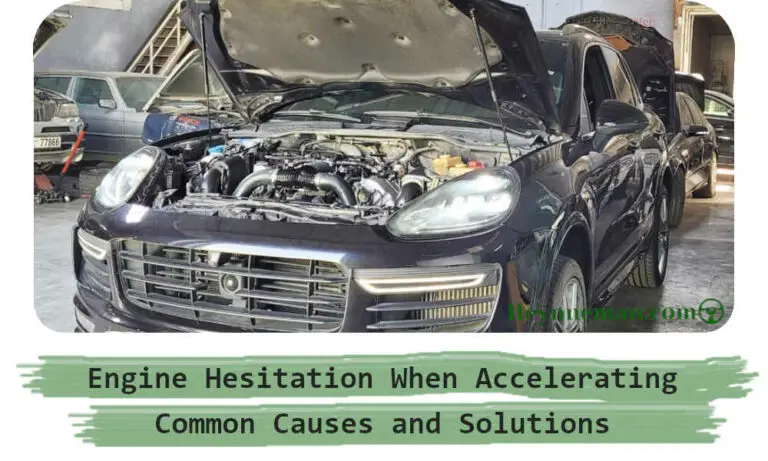Car Won’t Start No Clicking; Troubleshooting and Fixing.
A dead battery could be the issue if you don’t hear clicking when you start the engine. If the engine doesn’t start but you hear clicking, the starter may not be receiving enough power. You should be able to test functionality using a voltmeter and your owner’s manual.
In this article, we discuss the main reasons and the causes why your car is not starting, with all the relevant information you need to know. So stick around until the end to find out what you’ve been looking for.
What are the main reasons why your car is not starting?
- Dead battery
- Failed starter motor
- Faulty spark plugs or ignition system
- Clogged fuel filter
- Faulty fuel pump
- Ignition switch problems
- Low or no fuel in the tank
- Blown fuse or relay
Dead battery
As mentioned, a dead battery is the main cause for a car to not start, even with no clicking. So when this happens, the first thing yo should do is to check the battery using a voltmeter.
If the battery is dead, then the only solution is to change or recharge the battery.
Failed starter motor
If the starter motor is failing, it can cause a no-start condition. When the starter motor fails, it will not be able to turn the engine over, resulting in the engine not starting.
The only way to diagnose the issue is to have the starter motor tested to determine if it is functioning correctly. If it is not, then it will need to be replaced.
Faulty spark plugs or ignition system
If a vehicle is having difficulty starting, it may be due to faulty spark plugs or a faulty ignition system. Spark plugs are responsible for igniting the fuel in the engine, so a faulty or worn-out spark plug can prevent the engine from starting.
The ignition system is responsible for providing the spark to the spark plugs, so a problem with the ignition system can also lead to a no-start condition.
Checking and replacing faulty spark plugs or components of the ignition system can help to resolve the no-start issue.
Clogged fuel filter
A clogged fuel filter can reduce the amount of fuel that reaches the engine, causing it to run poorly or even stall if the filter becomes completely clogged. Symptoms of a clogged fuel filter include decreased engine performance, hard starting, loss of power, reduced fuel efficiency, and engine stalling.
To resolve this issue, the fuel filter needs to be replaced.
Faulty fuel pump
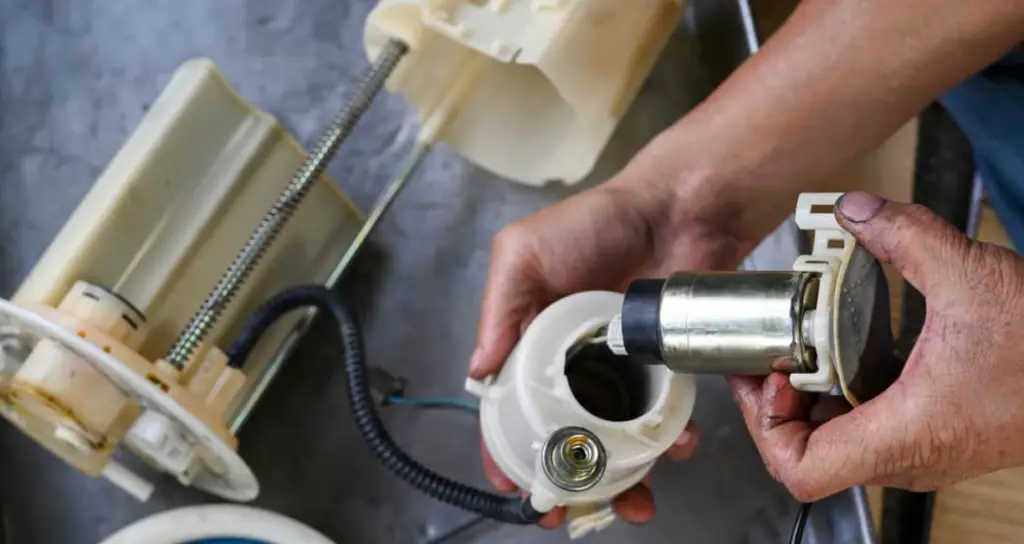
A fuel pump is a device used to pump fuel from a tank to an engine. When a fuel pump fails, it can cause a variety of problems, including poor engine performance, stalling, and difficulty starting the engine.
Common causes of fuel pump failure include old age, contamination, and overheating. In order to diagnose a faulty fuel pump, it is important to look for signs of fuel starvation, such as stalling, low power, and difficulty starting the engine.
If any of these symptoms are present, it is likely that the fuel pump is faulty and needs to be replaced.
Ignition switch problems
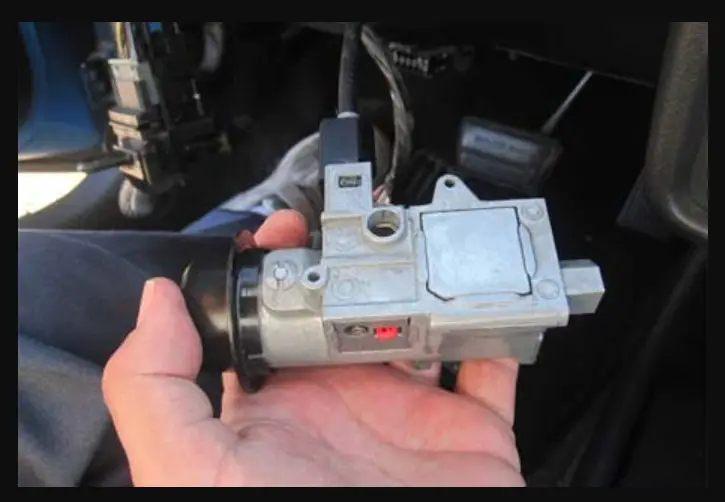
Common ignition switch problems include faulty wiring, worn contacts, and a faulty switch. Wiring problems can be caused by a loose connection, broken wires, or corrosion.
Worn contacts can cause the switch to not make a good connection, resulting in no start. A faulty switch can cause the same issue, as well as other electrical problems such as the vehicle not turning off when the switch is turned off.
If the switch is suspected to be the cause of the no start issue, it should be replaced.
Low or no fuel in the tank
If there is low or no fuel in the tank, the engine will not be able to run. The first step is to check the fuel gauge and see how much fuel is in the tank. If the gauge is low or empty, you should fill the tank with fuel as soon as possible.
If the fuel gauge is reading correctly, then you should check the fuel lines and the fuel pump for any signs of blockage or damage. If the fuel lines and pump are not blocked or damaged, then you should check the fuel filter for any signs of blockage or contamination.
If the fuel filter is blocked or contaminated, then it should be replaced. Finally, if all of these components are in good working order, then you may need to check the spark plugs or other ignition components to ensure that the fuel is being ignited correctly.
Blown fuse or relay causing no start
A blown fuse or relay could be causing a no start condition in a vehicle. If the fuse or relay is blown, then it would need to be replaced in order to restore the power that is necessary for the vehicle to start.
It is important to check the fuse and relay box to ensure that all of the fuses and relays are working properly before attempting to diagnose any other issues.
O/D Off; How Does It Effects Driving?
heynneman
What can you do when the car is not starting?
This is a problem that can ruin your day if the problem persists for a long time. So when once you face the problem, do the following checks and get it back to start as soon as possible.
- Check the battery and connections.
- Check the spark plugs and wires.
- Check the fuel system for a lack of fuel or a clogged fuel filter.
- Check the alternator and other electrical components.
- Check the starter and solenoid.
- Check the ignition system for problems.
- Have a professional mechanic inspect the car for any other issues.
How do you diagnose crank no start?
- Check the battery and ensure it has sufficient charge. If it is low, charge it and try starting the engine again.
- Check the starter system to ensure it is functioning properly. Check the starter solenoid, starter motor, and starter relay.
- Check the engine’s fuel system. Make sure there is fuel in the tank, that the fuel pump is functioning, and that there is fuel pressure at the fuel injectors.
- Check the ignition system. Ensure that the spark plugs are clean and in good condition, that the spark plug wires are in good condition, and that the ignition coil and distributor are working properly.
- Check the timing belt and camshaft position sensor.
- Check the engine’s compression. If the compression is low, it could indicate a problem with the valvetrain or piston rings.
- Check for vacuum leaks. If a vacuum leak is present, it could be causing the engine to not start.
- If all of these components check out, then a professional diagnostic scan should be performed to identify any fault codes that could be causing the engine not to start.
VDC Off On Dashboard: What Does It Mean?
heynneman
What sensor would stop a car from starting?
One sensor that could stop a car from starting is a crankshaft position sensor. It is a sensor that is typically located near the crankshaft of the engine and is used to monitor the position and rotational speed of the crankshaft.
The sensor sends a signal to the vehicle’s computer which then uses this information to adjust the timing of the engine and fuel injection. If the crankshaft position sensor is not functioning correctly, the vehicle’s computer can’t correctly adjust the timing of the engine and fuel injection, which can prevent the engine from starting.
The car’s computer will detect the malfunction and display a fault code that can help a mechanic diagnose and repair the issue.
What fuse will stop a car from starting?
A fuse that stops a car from starting is called a starter interlock fuse. This type of fuse is designed to prevent the starter from engaging when a key is inserted into the ignition. It is typically connected to the starter relay, or solenoid. When the key is inserted into the ignition, it completes the circuit, allowing the starter to engage.
If the starter interlock fuse is blown, the circuit is broken, preventing the starter from engaging. This type of fuse is usually found in modern cars that utilize an electronic ignition system.
It is a safety feature that prevents the car from starting if the key is inserted without proper authentication. In the event of a blown fuse, it should be replaced with one of the same rating and amperage.
What can drain a car battery when the car is off?
Interior lighting, door lights, and even defective relays can deplete a car’s battery even while it is not in use. The alternator recharges the battery while the engine is running, so you normally don’t have to worry about the battery dying while you’re blasting the radio on the way to work.
How do I know if my starter relay is blown?
The electrical signal from the battery to the starter motor will never reach it if your starter relay has failed. Consequently, no matter how many times you turn the key, your engine won’t start. When you turn your car, a faulty relay frequently emits an audible clicking sound.
Will a car start without the starter relay?
The engine won’t start if the starter relay malfunctions. Usually, a short circuit brought on by a poor power connection on the starter will damage the starter relay.

